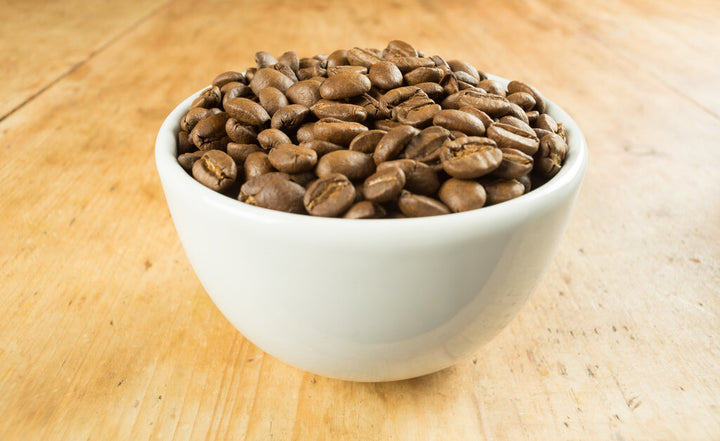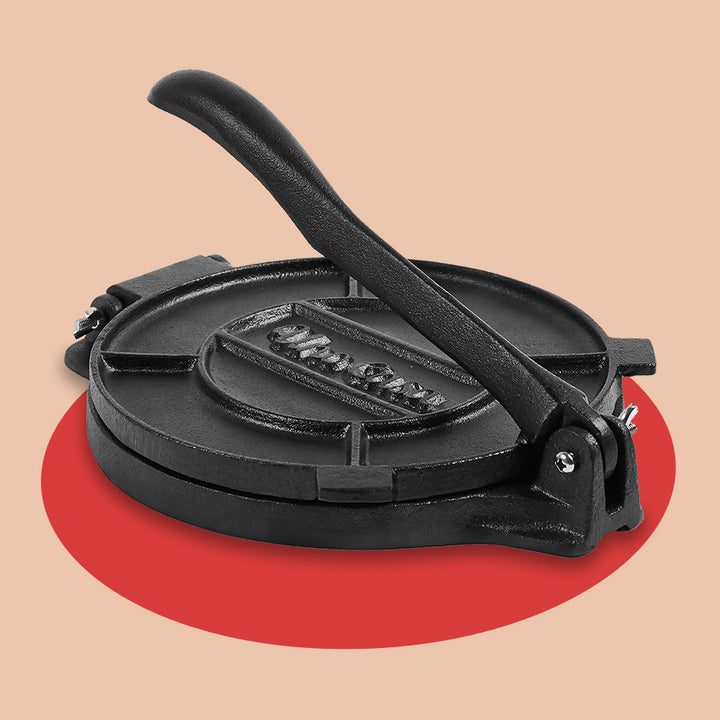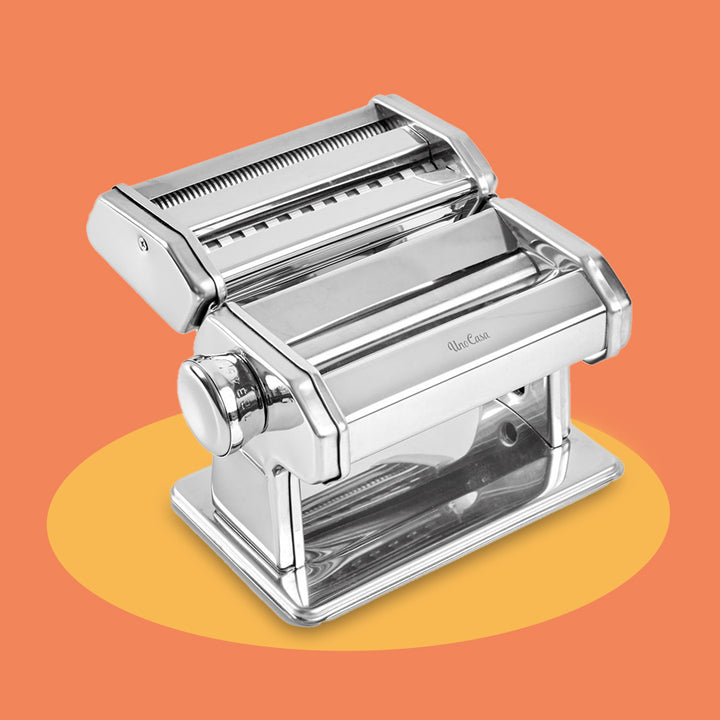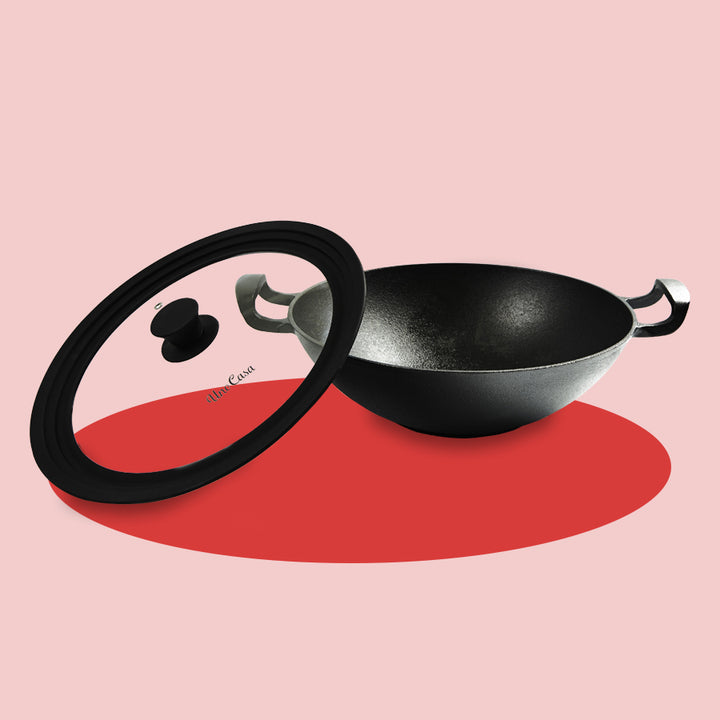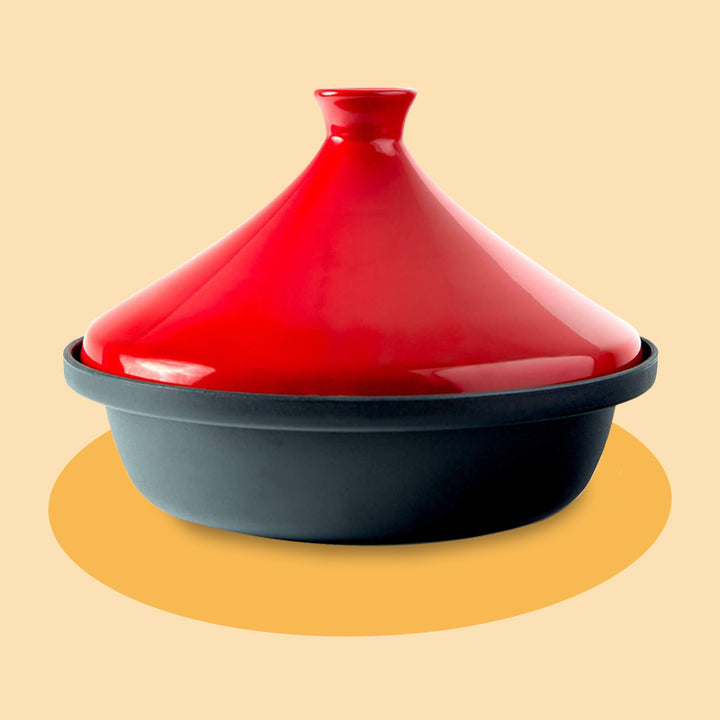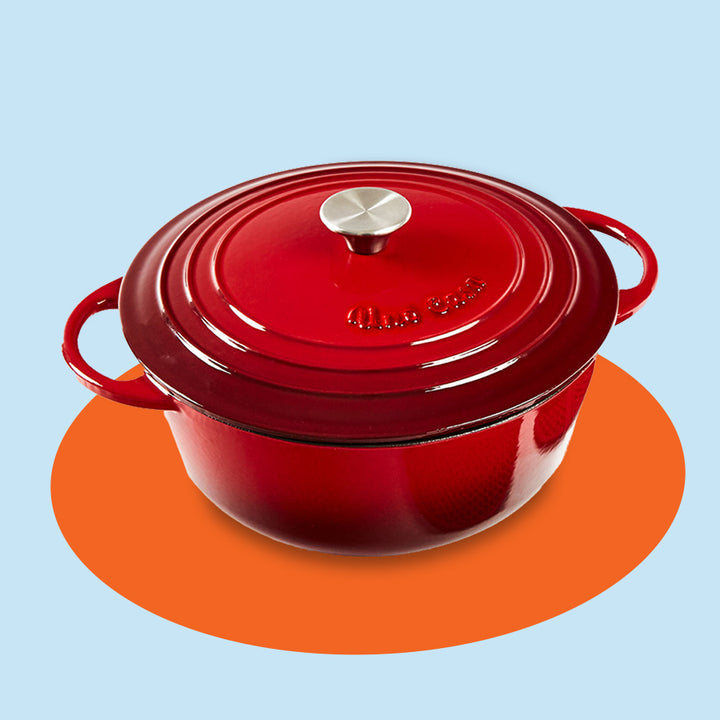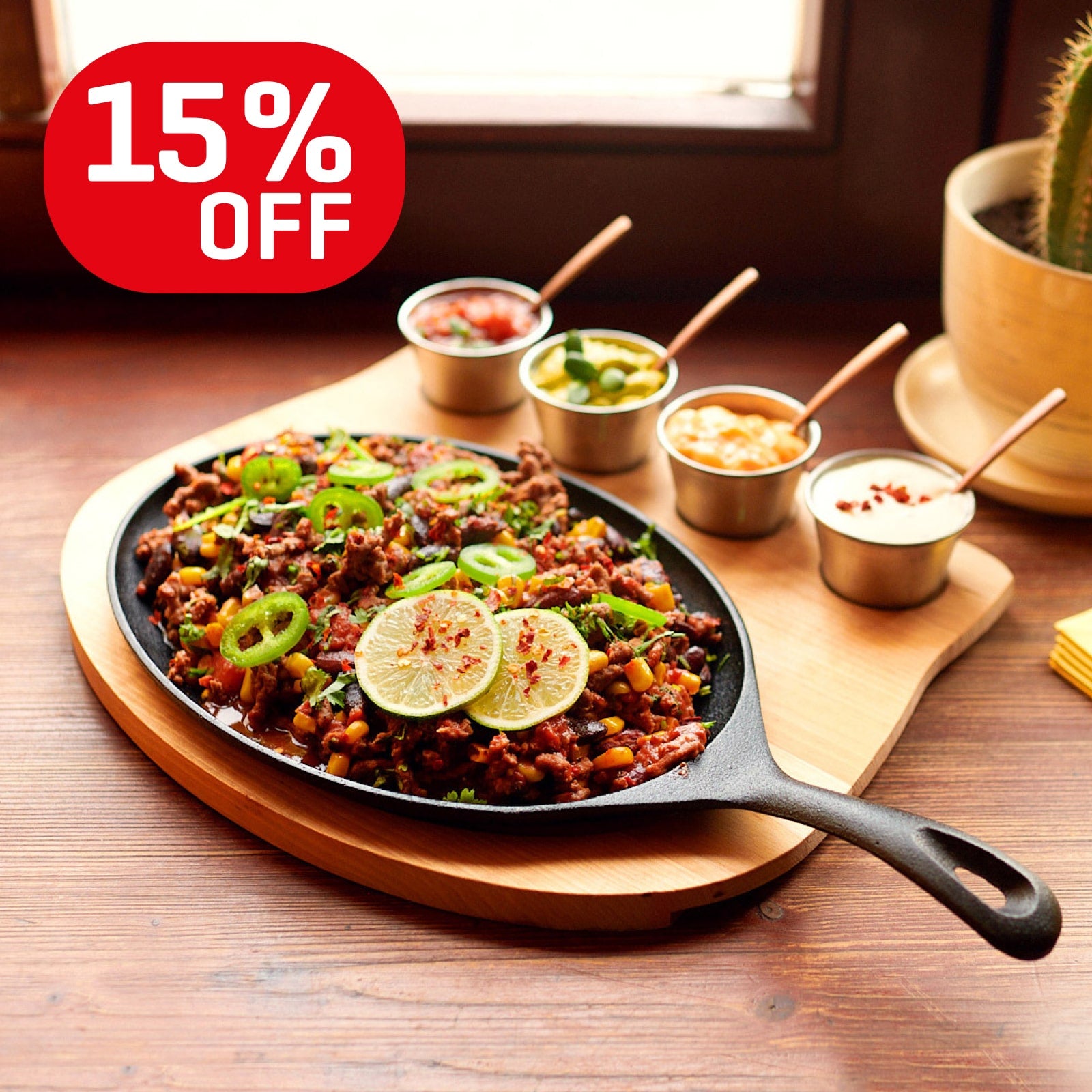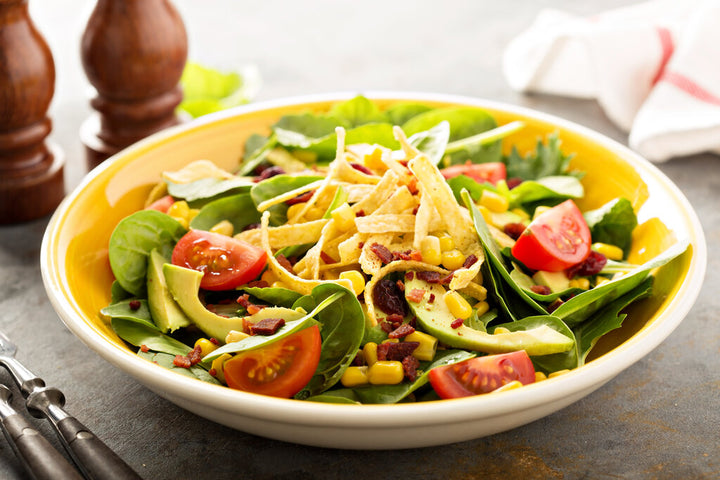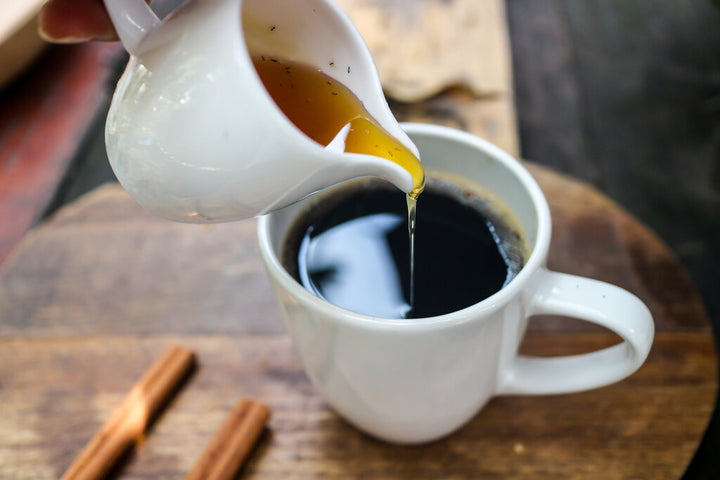How to Clean Cast Iron Cookware - A Step by Step Guide

Cast iron cookware is incredibly durable and will last you a lifetime if correctly maintained. However, looking after it is a little different to the way you look after other kitchen items. To ensure you keep your cast iron skillet, pan, Dutch oven or griddle rust-free and ready for use at all times, check out our tips below to find out how to wash cast iron, and how to season a cast iron skillet or pan with vegetable oil to protect it.
Contents:
- How to clean a cast iron skillet or pan
- How to season a cast iron pan or skillet
- What oil is best for seasoning cast iron?
- Dos and don'ts
- What can you not cook in cast iron?
- Can you use soap to clean a cast iron skillet or pan?
- Is a little rust on cast iron OK?
How to clean a cast iron skillet or pan
Here's an easy way to remember how to clean a cast iron skillet (or pan, Dutch oven, griddle etc). Think of it as a 3 stage process.
- Remove food - try to remove any unused food from your pan immediately after cooking or serving, to avoid it drying on and becoming harder to remove. You may want to keep a paper towel near your stove to wipe the pan down when any visible pieces of food have been removed.
- Clean with hot water - You shouldn't usually need to use dish soap to clean your pan (and if you do it should only be a minimal amount). Simply use hot water and wipe with a clean cloth or paper towel.
- Dry thoroughly - You should dry your cast iron cookware as quickly as possible to avoid water soaking into the surface and causing it to rust. We recommend drying it with paper towels, then putting in on the stove top over low heat for a few minutes to ensure that every last drop of water has evaporated from the surface.
How to season a cast iron pan or skillet
Now the important bit - you need to know how to season cast iron. This protects it during storage and helps build the non-stick layer. Start by rubbing a thin layer of oil into the cooking surface, bake it for an hour or two placed upside down in a hot oven, and then turn off the heat and leave it in the oven until it's cool enough to put away.
What oil is best for seasoning cast iron?
Choosing the best oil for seasoning cast iron is essential. You can use various types of nut or vegetable oil, but you should always choose one with a high smoke point and without a discernible flavor. Olive oil and butter have low smoke points. Coconut or avocado oil both have quite strong flavors, which can affect the taste of the food you cook. The best choices are sunflower, canola, peanut or vegetable oil.
Dos and don'ts
Let's sum up with a list of the obvious dos and don'ts when it comes to cast iron cookware.
DO:
- Clean promptly so food doesn't dry on to the surface
- Wipe down after each use
- Clean thoroughly and season before storing
DON'T:
- Store wet, damp or unseasoned cast iron cookware
- Cook with rusty pans or skillets
- Overuse soap or detergent
What can you not cook in cast iron?
To keep your cookware in the best possible condition, you should avoid using it for cooking any foods which will damage the natural non-stick surface. The worst offenders are highly acidic foods, for example, tomatoes and citrus fruits, any dish which requires the addition of wine or spirits, large amounts of vinegar, and so on.
The other problem group is foods which will stick to the surface, and which will, therefore, force you to damage the surface yourself by soaking or scrubbing the cookware to remove stuck-on food. Examples include omelets and other egg-heavy dishes, as well as very flaky fish.
You may also want to avoid cooking dessert items in your cast iron cookware if you've previously been using it for savory food, although this is not really an issue of cleaning, it's more that a cast iron skillet or pan can naturally retain some flavors after use, and potentially transfer them to your next dish. It's not really an issue when you're switching from beefsteak to chicken, but potentially disastrous if your tart or flan turns out to taste slightly of garlic.
Can you use soap to clean a cast iron skillet or a cast iron pan?
Cleaning cast iron shouldn't usually require soap, but it's okay to use a small amount of soap if you have a particularly stubborn layer of grease or burnt on food. Cleaning cast iron with salt is a recommended option if you'd rather avoid soap altogether. Just grab a handful of kosher salt and scrub at any difficult areas in a circular pattern.
For really tough stuck-on food, you may need to use a ball of steel wool for extra abrasion. Cast iron cleaning gets easier the more you use your cookware, as the non/stick qualities of the surface increase with each seasoning.
For our more detailed guide on cleaning cast iron with or without soap, press here.
Is a little rust on cast iron OK?
Not really. Although it depends where it is. If it's on the handle of your pan or skillet, or on the exterior it's less of a problem than if it's on the actual cooking surface. While rust isn't poisonous, it provides plenty of microscopic fissures and cracks which can harbor bacteria, so it's not a good idea to cook on a rusty surface.
How can I get rid of rust from my pan?
For minor rust spots you should be able to remove it with a good scrub with steel wool. Once you've removed the rust, you'll need to dust down the area with a paper towel, and then thoroughly clean and reseason your pan before using it for cooking, as there may otherwise still be tiny metal particles as well as steel wool fibers on the surface.
Can you ruin a cast iron pan?
Yes and no. You can't really do anything to a cast iron skillet or cast iron pan that would destroy it totally - they're pretty robust. But it is possible to destroy the surface to such an extent that it would take a lot of time and effort to repair it to the point where it could be used for cooking once again.
Even extremely rusty pans have been professionally restored to their former glory by enthusiasts - there are several videos on YouTube about exactly this kind of thing - but you don't want to put yourself in that position if you can help it.
Very few home cooks have the equipment and skills, let alone the time, to work on a huge restoration program before they can fry a steak. You're much better following the tips in this guide to keep your cast iron skillet or pan in top condition, so it's ready to use whenever you need it.
Leave a comment
Comments will be approved before showing up.
Also in Tips
